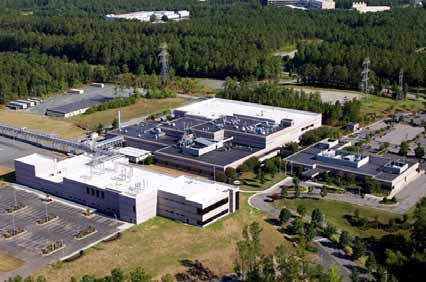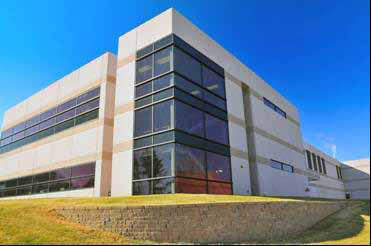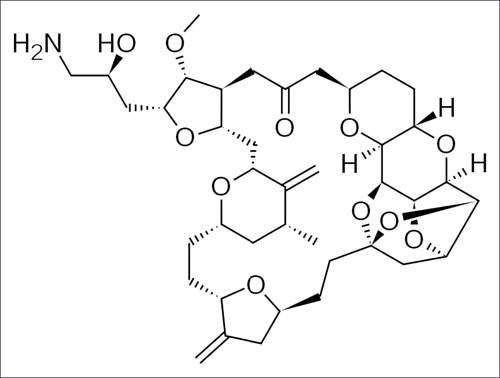Eisai Inc, a US subsidiary of Japan-based pharmaceutical company Eisai, opened a new parenteral facility in Research Triangle Park, North Carolina, in May 2010. The facility undertakes the commercial production and formulation R&D of oncology drugs.
Eisai has submitted regulatory applications for the approval of its Eribulin investigational agent to agencies in the US, Japan and the EU. The drug can be used to treat locally advanced or metastatic breast cancer. Eisai will start manufacturing oncology products at the facility once it gets approval.
Eisai Inc established its first facility in Research Triangle Park in 1997; production of Aricept drug began in 1998, and Aciphex in 2001. The plant was expanded twice, in 2001 and 2003.
Eisai’s new parenteral facility
The 65,000ft² facility serves as Eisai’s global commercial production centre for intravenous drug products. The facility also supports Eisai’s global clinical development programmes, including those for oncology. The building includes aseptic processing suites, laboratories and other support functions.
Construction cost around $100m and began in 2006. Its opening and subsequent operational launch is expected to strengthen the company’s oncology franchise, as well as its production, distribution and sales operations.
The growth of the company has encouraged Eisai to expand its operational presence in North Carolina since 2001. Eisai invested $22m for the construction of central utilities building that was opened in 2008 – it supplies power, steam, compressed air and chilled water to the new parenteral facility, and will also serve any future expansions.
The parenteral facility has allowed for the seamless integration of Eisai’s production, research and development operations, supporting the advancement of new therapies for patients, especially those who are battling life-threatening diseases.
Production
Even though Eisai has not launched any cancer drugs in the market so far, the new facility will manufacture anti-cancer agents or parenteral formulations as they are approved.
Eisai’s newly discovered drug Eribulin, a potential anticancer agent, will be produced at the facility once it receives the necessary approvals. Eisai also plans to use the facility for R&D.
The facility has 190,000ft² of space for the commercial production of oral solid-dose products. The facility has a production capacity of five million vials per year. It will use the latest isolator containment technology to process highly potent compounds.
Additional space is available for the manufacture of gastrointestinal products and drugs to treat Alzheimer’s disease.
Research Triangle Park
North Carolina’s Research Triangle Park is a high-technology research and development centre, which serves as an economic driver for the region.
The park was created in 1959 by a combination of state and local governments, nearby universities and other business interests. By 2007, the park was home to 130 R&D facilities and the workplace of 39,000 employees from 157 organisations.
The park is spread over 7,000 acres, 630 of which are allotted for development. It is managed by Research Triangle Foundation.
Companies with premises in Research Triangle Park engage in high-technology research, development, and manufacturing in areas such as health sciences, pharmaceuticals, computing and optics. The life sciences industry forms the major part of the park.





